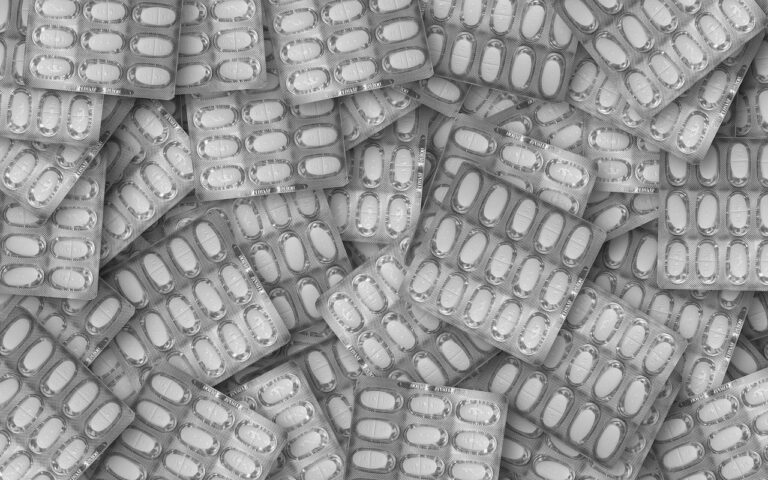The Impact of Plastics on Fertility
bet bhai, cricket bet 99, diamondexch9: Plastics have become an essential part of our everyday lives, from the containers we use to store food to the toys our children play with. However, recent studies have shown that the chemicals found in plastics could have a detrimental impact on fertility.
Plastics are made up of a variety of chemicals, including phthalates and bisphenol A (BPA), which are known to disrupt the endocrine system. The endocrine system plays a crucial role in regulating hormones in the body, including those that are essential for reproduction.
Research has shown that exposure to these chemicals can lead to a number of reproductive issues, including decreased sperm quality, reduced fertility in women, and an increased risk of miscarriage. In fact, a study published in the journal Environmental Health Perspectives found that men with higher levels of phthalates in their urine had a lower sperm count and decreased sperm motility.
Furthermore, BPA, which is commonly found in plastic water bottles and food containers, has been linked to hormonal imbalances in women, leading to issues with ovulation and menstrual irregularities. This can make it more difficult for women to conceive and increase the risk of infertility.
The impact of plastics on fertility is not just limited to adults. Studies have shown that exposure to these chemicals in the womb can have long-lasting effects on a child’s reproductive health. This is concerning as it could lead to issues with fertility later in life.
So, what can be done to reduce the impact of plastics on fertility? One solution is to avoid plastics whenever possible. Opt for glass or stainless steel containers for food storage, and choose BPA-free products. Additionally, try to limit exposure to plastic water bottles by using a reusable one instead.
Another important step is to be mindful of the products you use in your home. Check labels for phthalates and other harmful chemicals, and opt for natural and organic products whenever possible. This can help reduce your overall exposure to these harmful substances.
Education is also key when it comes to understanding the impact of plastics on fertility. By learning about the potential risks associated with these chemicals, you can make more informed choices for yourself and your family.
In conclusion, the impact of plastics on fertility is a growing concern that should not be ignored. By taking steps to reduce exposure to these harmful chemicals and making more conscious choices about the products we use, we can protect our reproductive health for the future.
—
**FAQs**:
**1. Are all plastics harmful to fertility?**
Not all plastics are harmful to fertility, but certain chemicals found in plastics, such as phthalates and BPA, have been linked to reproductive issues. It’s important to be aware of the types of plastics you are using and opt for safer alternatives when possible.
**2. Can exposure to plastics affect both male and female fertility?**
Yes, exposure to plastics can affect both male and female fertility. Studies have shown that these chemicals can impact sperm quality in men and hormonal imbalances in women, leading to issues with ovulation and reproductive health.
**3. How can I reduce my exposure to harmful chemicals in plastics?**
To reduce your exposure to harmful chemicals in plastics, opt for glass or stainless steel containers for food storage, choose BPA-free products, and avoid plastic water bottles whenever possible. Additionally, be mindful of the products you use in your home and opt for natural and organic options.







